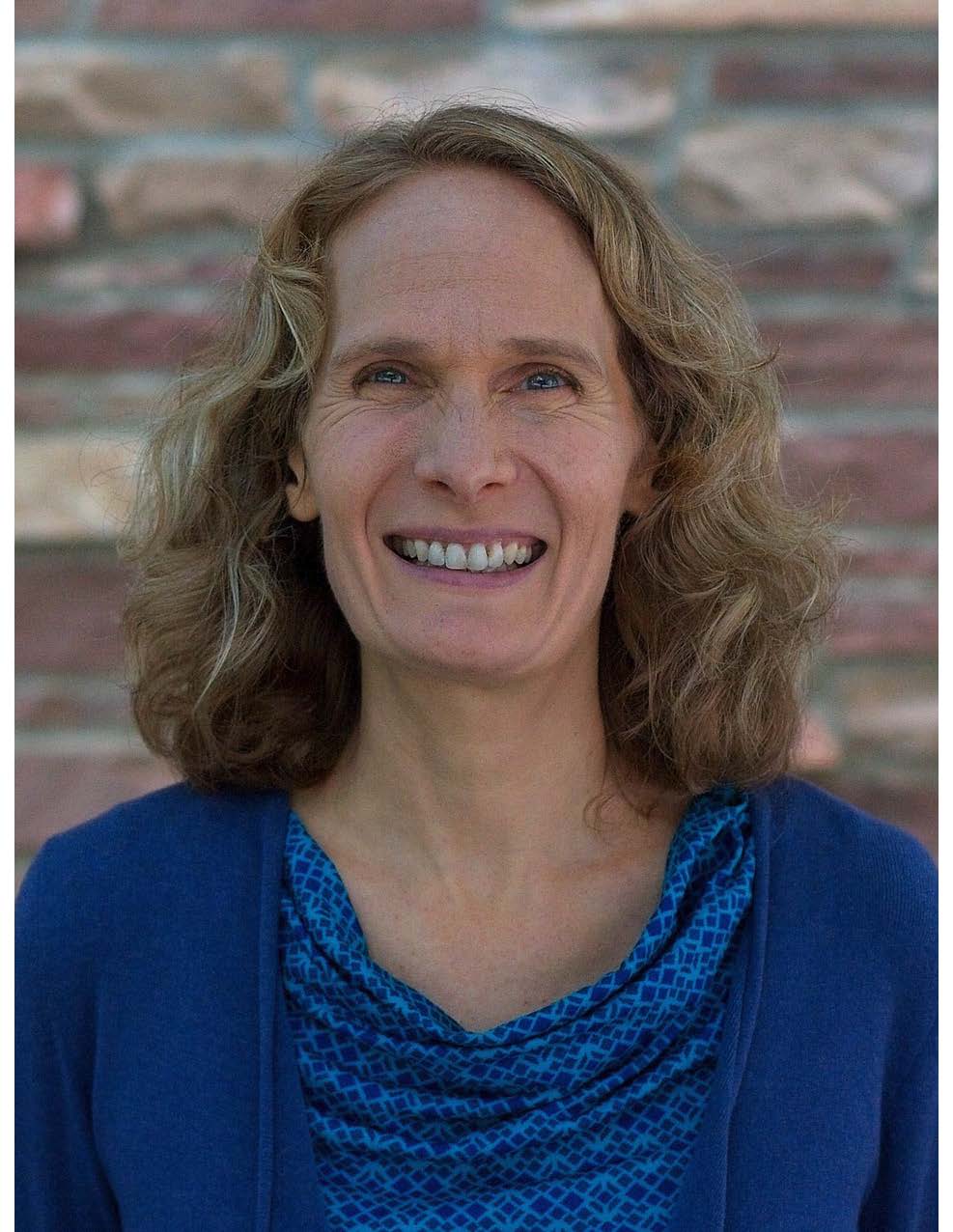Treatment - CBT
Symposium 53 - Innovations to Increase the Efficacy and Reach of Exposure Therapy
Level of Familiarity: All
Recommended Readings: Ashar, Y. K., Gordon, A., Schubiner, H., Uipi, C., Knight, K., Anderson, Z., ... & Wager, T. D. (2022). Effect of pain reprocessing therapy vs placebo and usual care for patients with chronic back pain: a randomized clinical trial. JAMA psychiatry, 79(1), 13-23., Hayes, A. M. (2015). Facilitating emotional processing in depression: The application of exposure principles. Current opinion in psychology, 4, 61-66.,
Arch, J.J., Slivjak, E.T., Finkelstein, L.B. (in press). A novel intervention to reduce fear of progression and trauma symptoms in advance cancer using written exposure to worst case scenarios. Journal of Palliative Medicine.
, Papini, S., Young, C. C., Gebhardt, C. S., Perrone, A., Morikawa, H., Otto, M. W., ... & Smits, J. A. (2020). Isradipine enhancement of virtual reality cue exposure for smoking cessation: Rationale and study protocol for a double-blind randomized controlled trial. Contemporary clinical trials, 94, 106013.,-

Joanna Arch, Ph.D. (she/her/hers)
Professor
University of Colorado Boulder
Boulder, Colorado, United States -

Jasper Smits, Ph.D. (he/him/his)
Professor
University of Texas at Austin
Austin, Texas, United States -
AH
Adele Hayes, Ph.D. (she/her/hers)
Professor
University of Delaware
Newark, Delaware, United States -

Joanna Arch, Ph.D. (she/her/hers)
Professor
University of Colorado Boulder
Boulder, Colorado, United States -
SP
Santiago Papini, Ph.D. (he/him/his)
University of Hawaiʻi at Mānoa
Honolulu, Hawaii, United States -
YA
Yoni Ashar, Ph.D.
University of Colorado Anschutz
Aurora, Colorado, United States
Chair(s)
Discussant(s)
Presenter(s)
How does one improve on a good thing? Exposure therapy for anxiety disorders remains one of the efficacious behavioral interventions ever developed. Many other clinical populations, however, stand to benefit from exposure therapy. This symposium focuses on cutting-edge innovations to increase the efficacy and reach of exposure therapy beyond anxiety disorders. Aligned with the twin conference themes of innovation and community engagement, our collective work includes both brain-based and community stakeholder-engaged innovations that leverage exposure therapy to reach new clinical populations, several of which have been underserved by behavioral therapy to date. To begin, Dr. Ashar will present on a novel exposure-based approach to reduce chronic pain, including an innovative conceptualization of chronic pain maintenance factors, and brain and behavioral data from a major randomized trial that provides strong support for this new approach. Second, Dr. Hayes will present her novel adaptation of exposure therapy to treat depression, providing both an innovative conceptual framework and data to support this approach. Third, Dr. Arch will present on a novel adaptation of written exposure therapy to reduce future, anticipated fear, loss, and trauma among adults diagnosed with advanced cancer – an approach based on cognitive neuroscience links between memory and prospection and refined in response to feedback from patient and provider stakeholders. Finally, Dr. Papini will present on isradipine augmentation of exposure therapy for tobacco craving, a biological innovation that their triple-blind randomized trial shows is a safe and promising approach to reduce tobacco cravings. Dr. Smits, a leading exposure researcher, clinician, and founder of the international Exposure Therapy Consortium, will serve as the discussant. In summary, this symposium showcases four promising innovations that expand the focus and content of exposure therapy to diverse new populations and problems. Together, this collective work points to exciting future directions for expanding the efficacy and reach of exposure therapy for the next generation of clinical scientists and practitioners.
Learning Objectives:
- Gain a conceptual understanding of four new approaches to applying exposure therapy principles to populations beyond anxiety disorders.
- Cite the evidence in support of four novel approaches to applying exposure therapy to novel populations.
- Grow professionally in one's ability to conceptualize how exposure therapy can be applied to address diverse clinical problems.
- Appreciate the strengths and limitations of the four novel applications of exposure therapy.
- Improve understanding of how isradipine works to improve exposure therapy for tobacco cravings.
Presentations:
-
2:30 PM - 4:00 PM EST(SYM 53) The Application of Exposure Principles to the Treatment of Depression
Speaker: Adele M. Hayes, Ph.D. (she/her/hers) – University of Delaware
Co-author: Carly Yasinski, Ph.D. – Emory University School of Medicine
-
2:30 PM - 4:00 PM EST(SYM 53) A Novel Adaptation of Written Exposure Therapy to Address Future Fears in Advanced Cancer
Speaker: Joanna J. Arch, Ph.D. (she/her/hers) – University of Colorado Boulder
Co-author: Elizabeth T. Slivjak, M.A. – University of Colorado Boulder
Co-author: Lauren Finkelstein, MA (she/her/hers) – University of Colorado Boulder
-
2:30 PM - 4:00 PM EST(SYM 53) Isradipine Augmentation of Virtual Reality Cue Exposure Therapy for Tobacco Craving: A Triple-blind Randomized Controlled Trial
Speaker: Santiago Papini, Ph.D. (he/him/his) – University of Hawaiʻi at Mānoa
Co-author: Cara Young, PhD, APRN, FNP-C – The University of Texas at Austin
Co-author: Haruka Minami, Ph.D. – Fordham University
Co-author: Hitoshi Morikawa, MD, PhD – The University of Texas at Austin
Co-author: Michael W. Otto, Ph.D. (he/him/his) – Boston University
Co-author: John Roache, PhD – University of Texas Health – San Antonio
Co-author: Jasper Smits, Ph.D. (he/him/his) – University of Texas at Austin
-
2:30 PM - 4:00 PM EST(SYM 53) Pain Reprocessing Therapy: A Novel Exposure-based Treatment Enabling Recovery from Chronic Pain
Speaker: Yoni Ashar, Ph.D. – University of Colorado Anschutz

.png)
